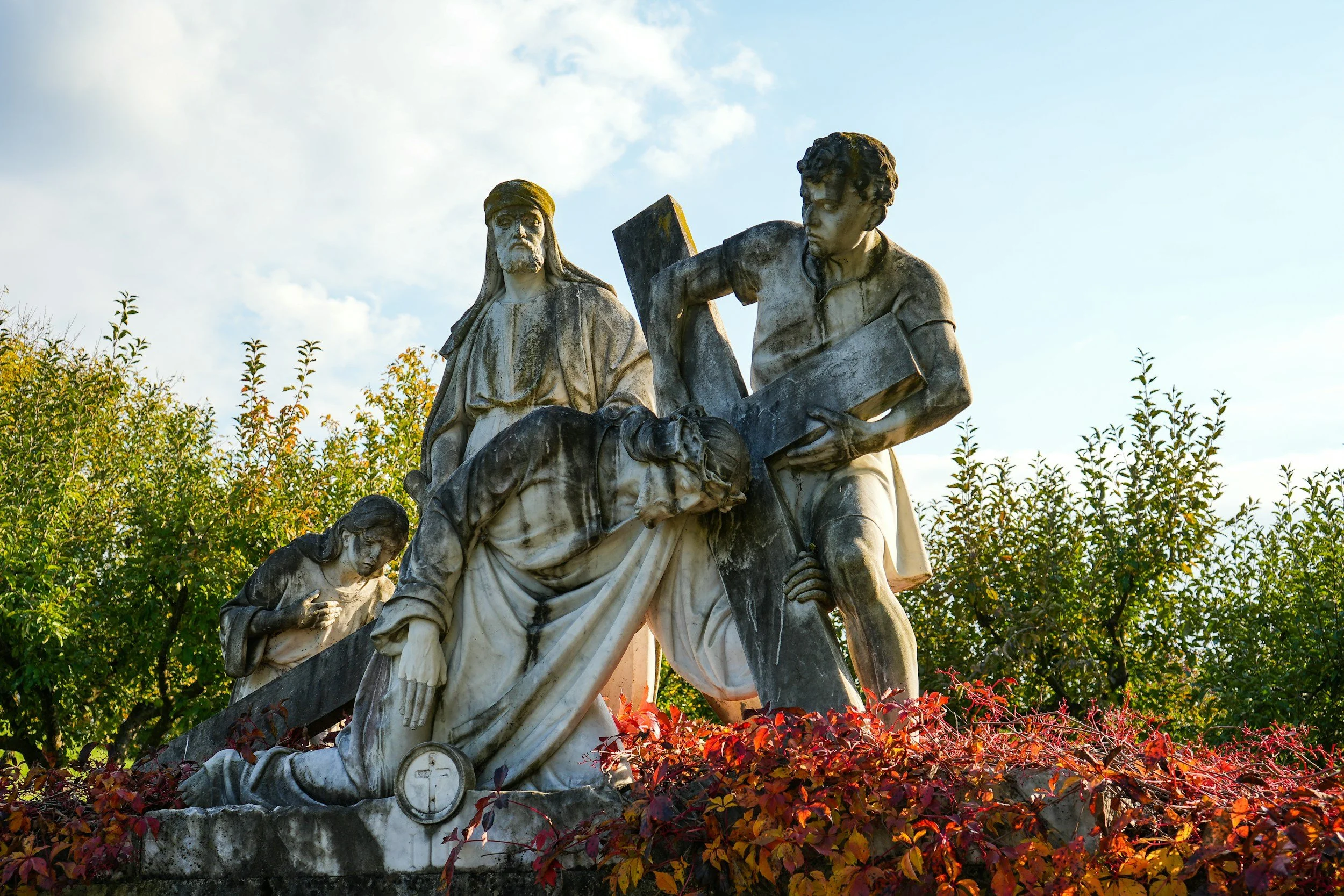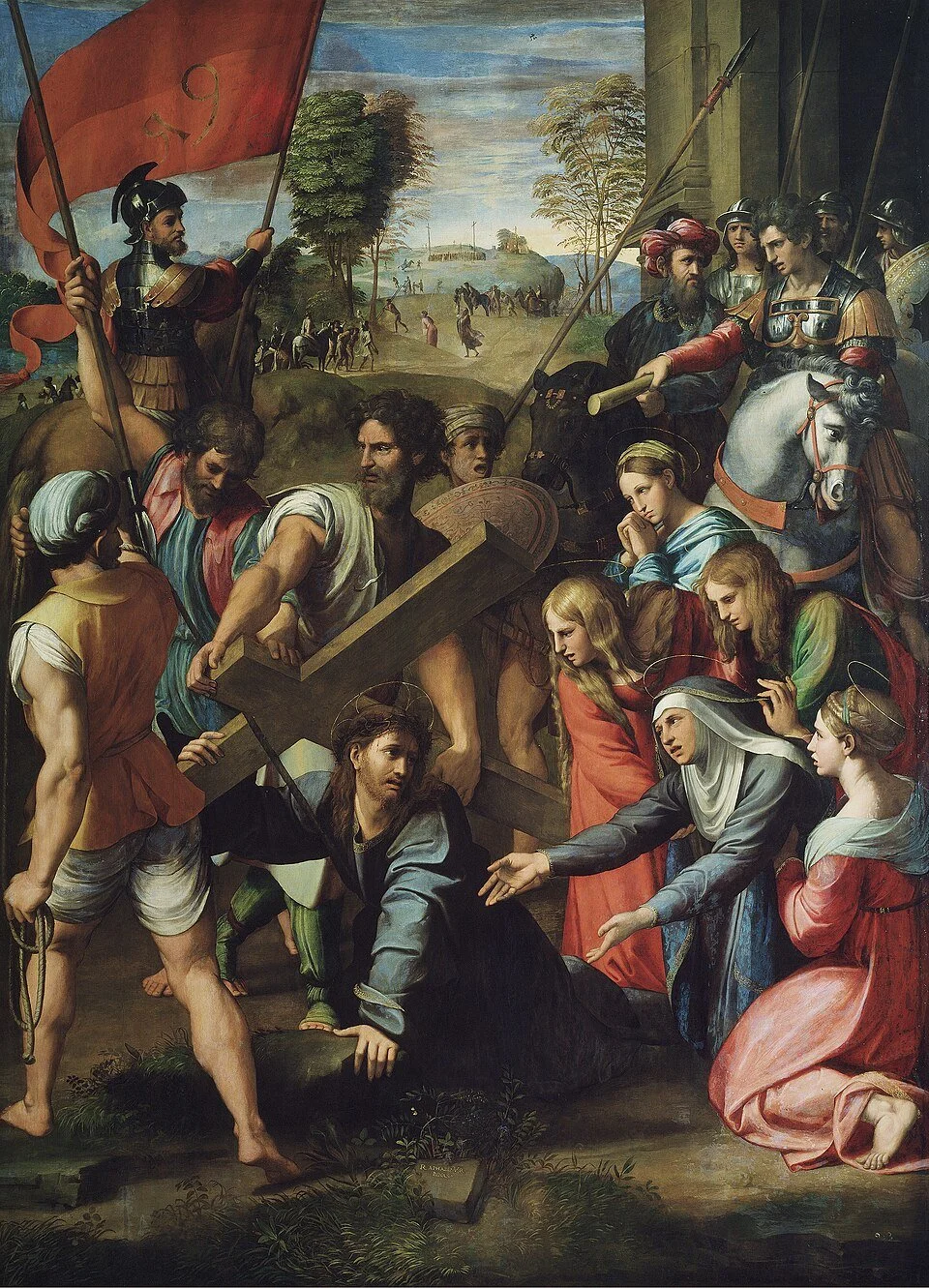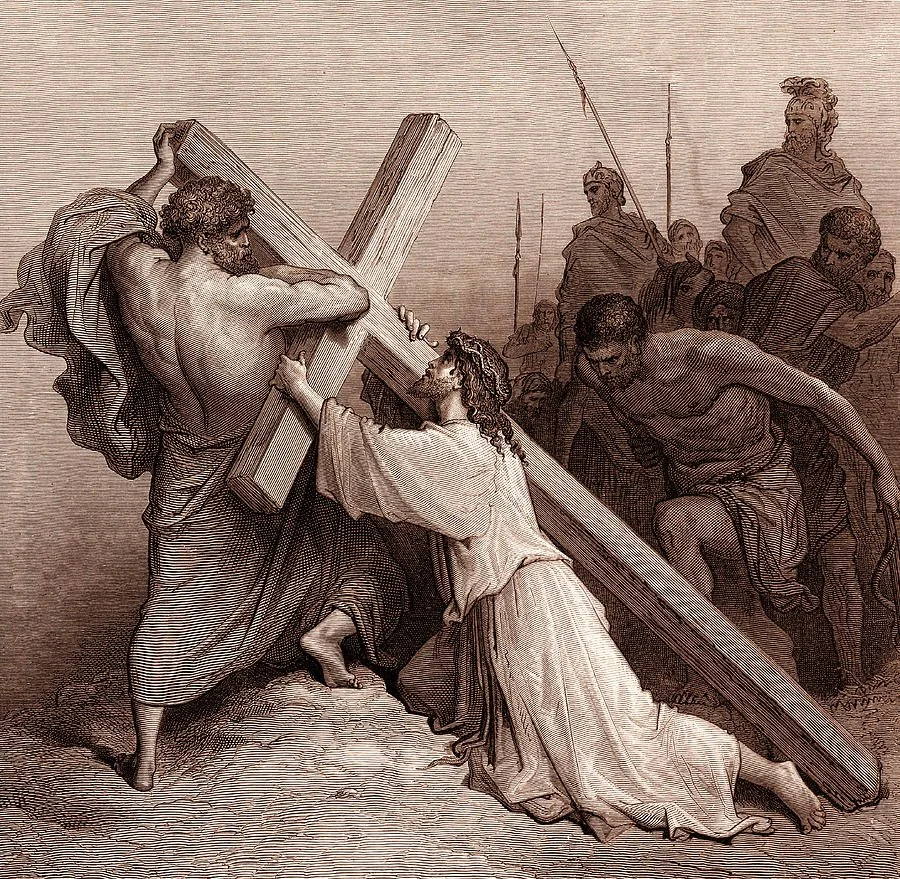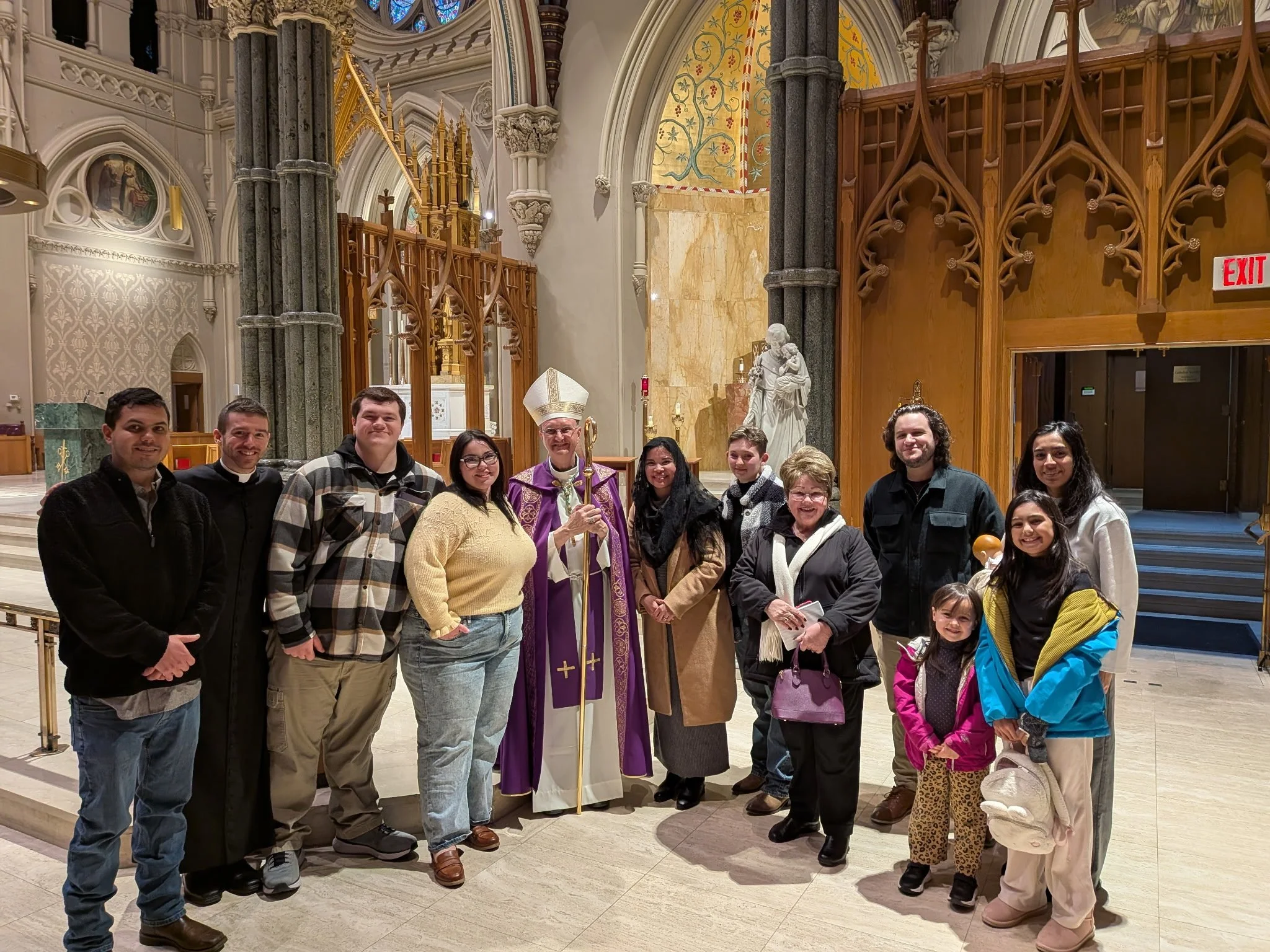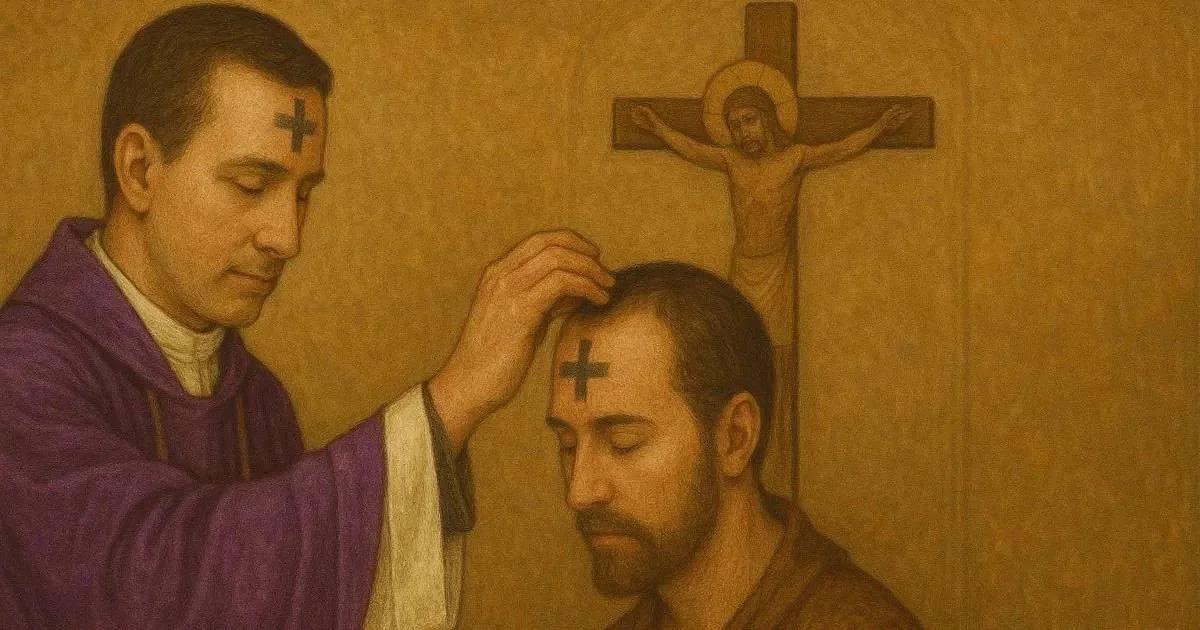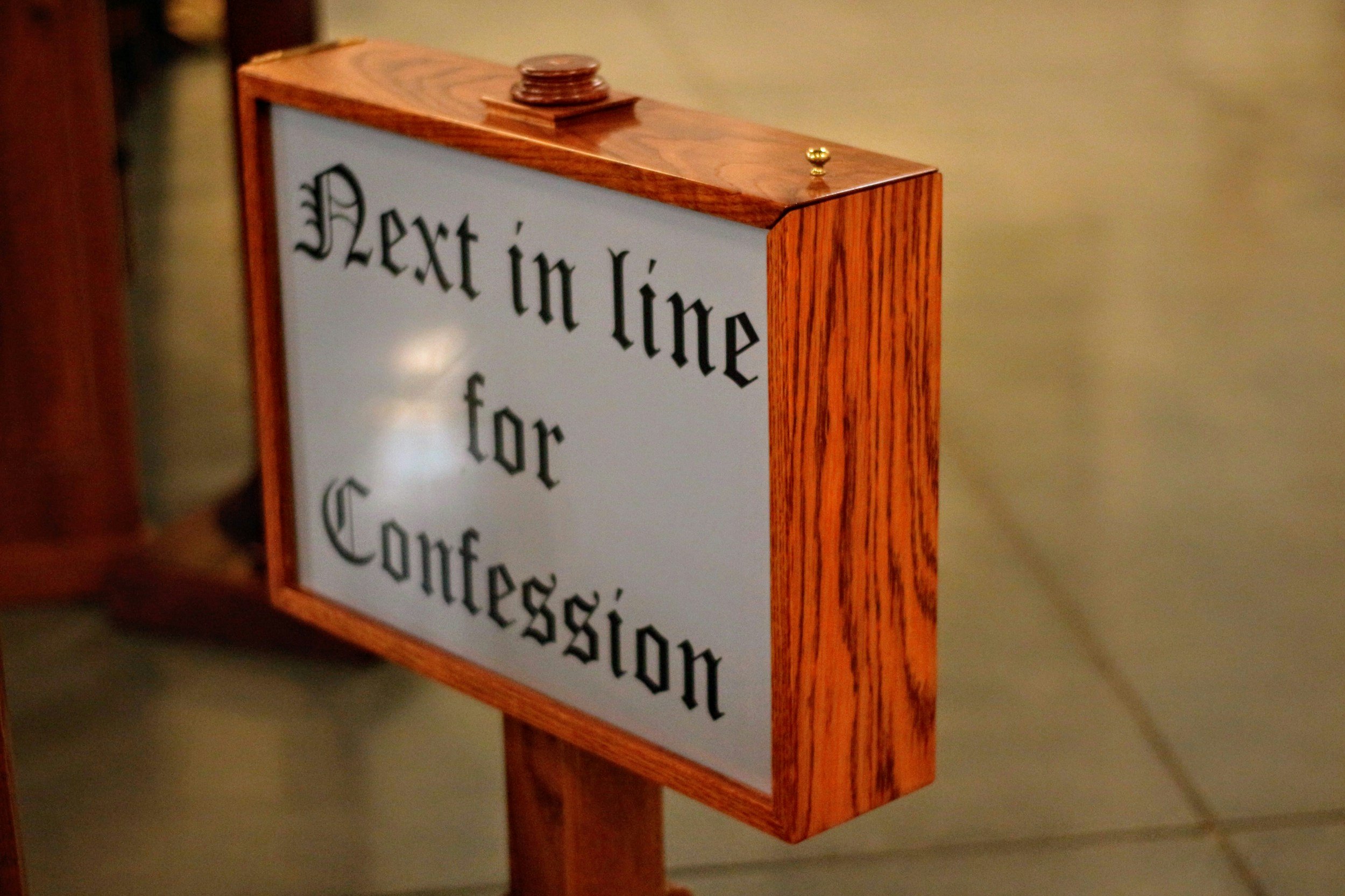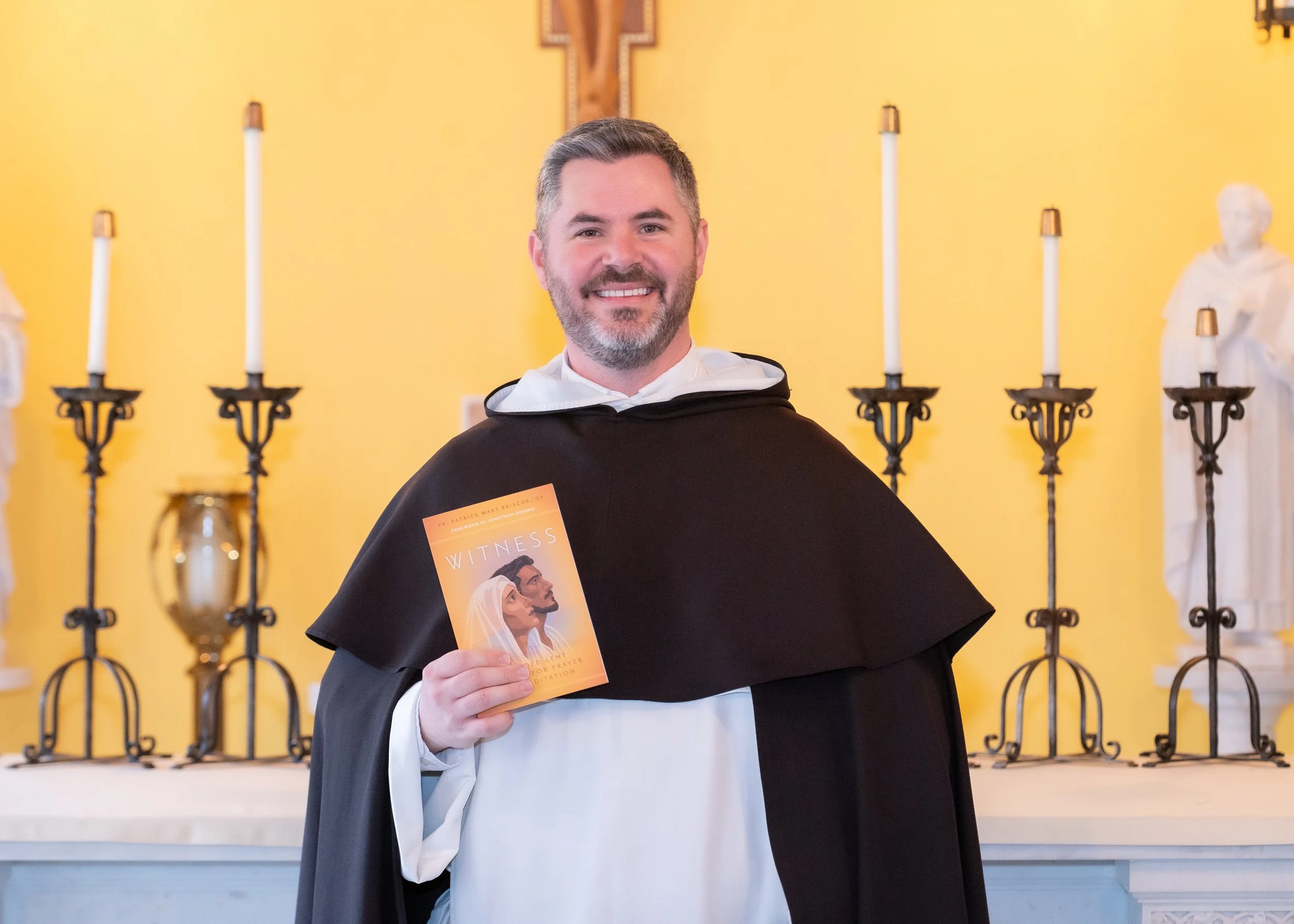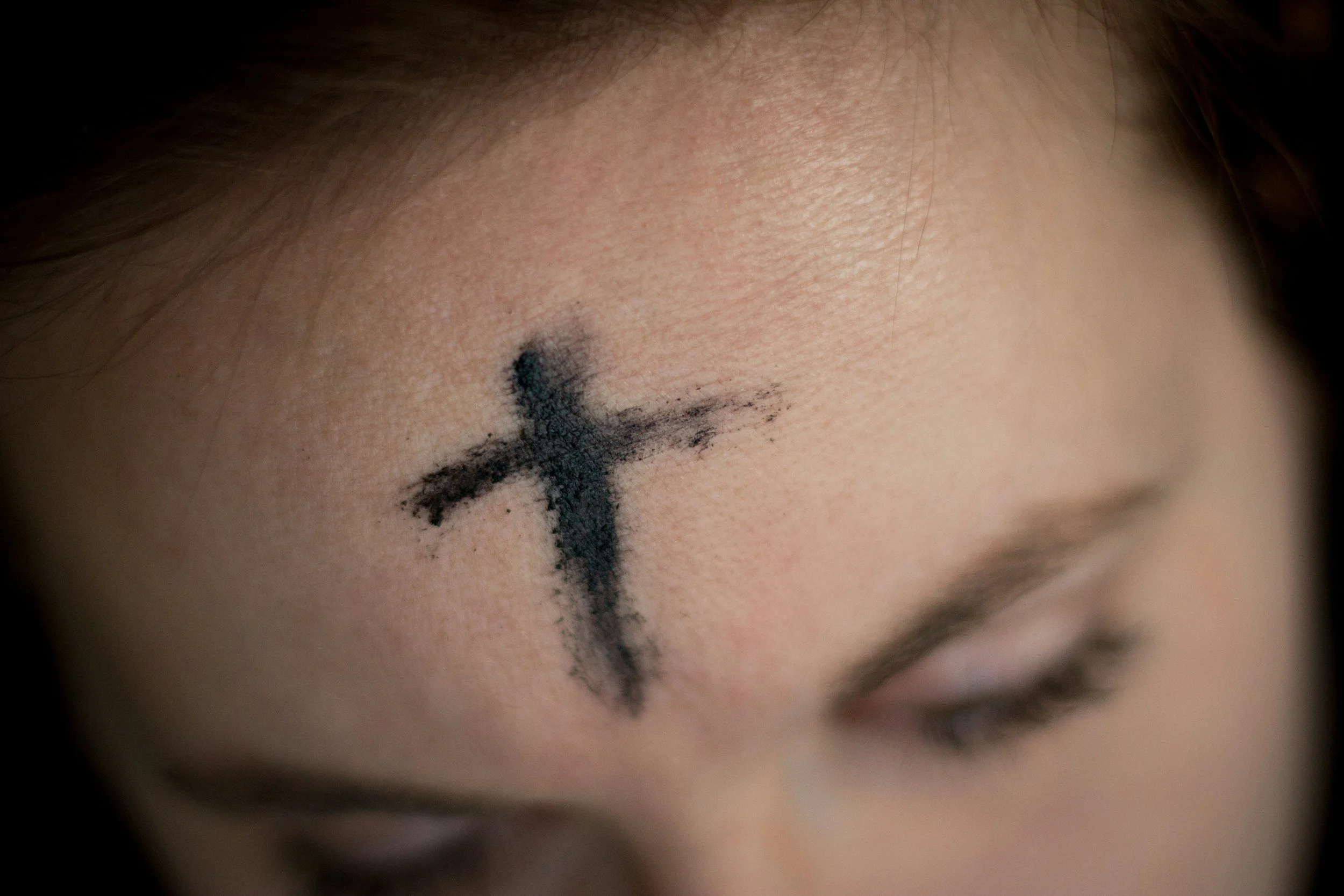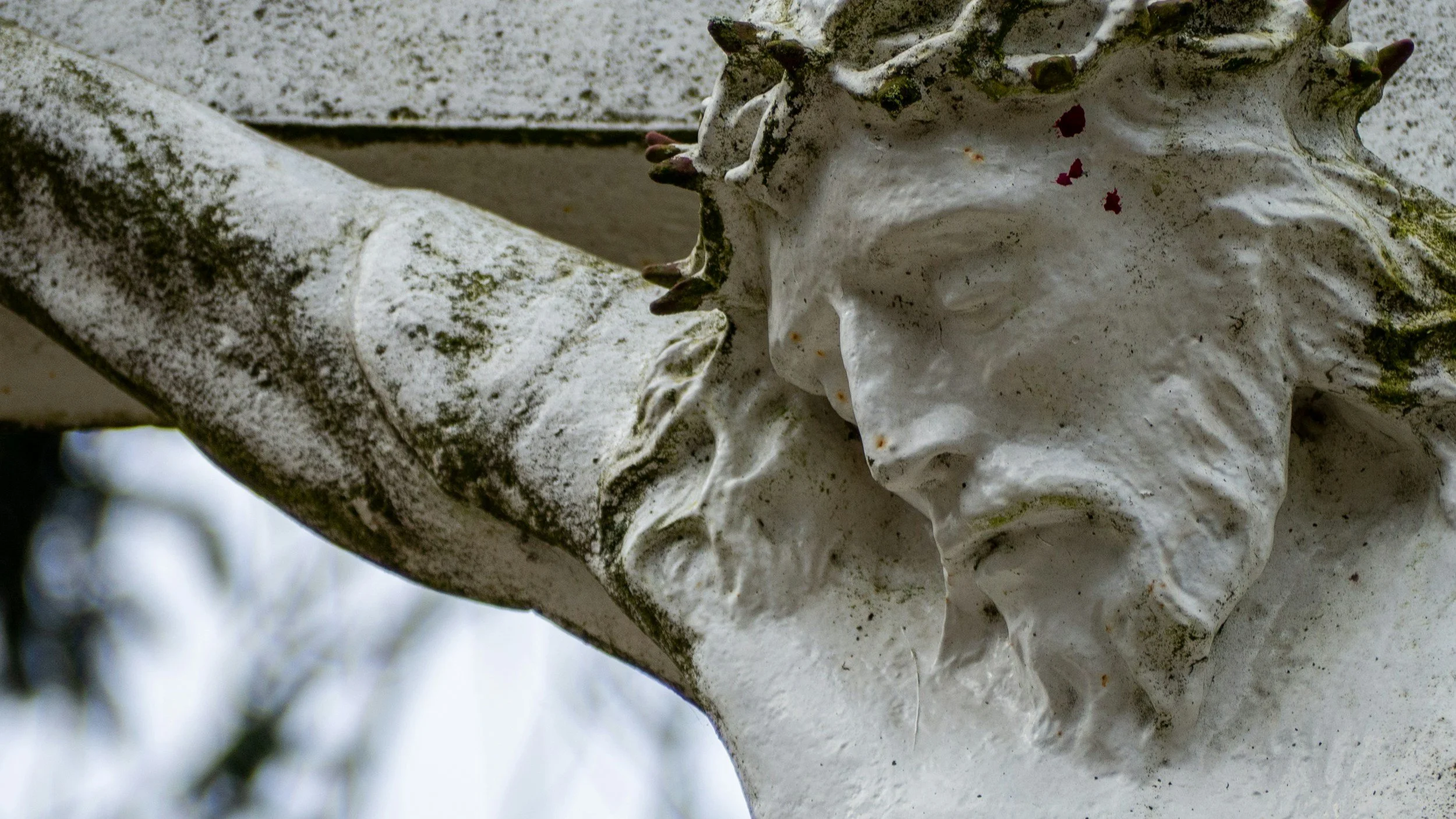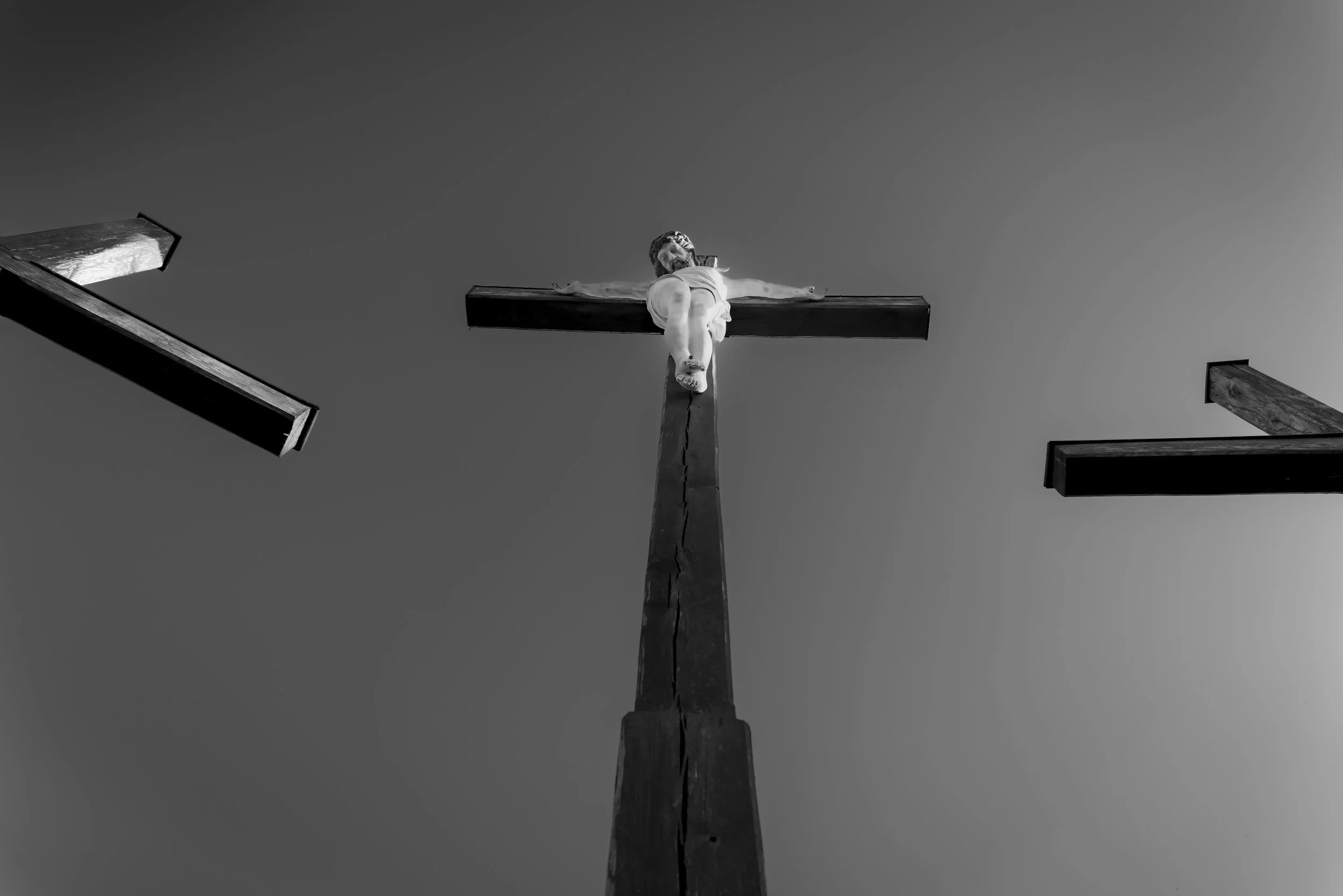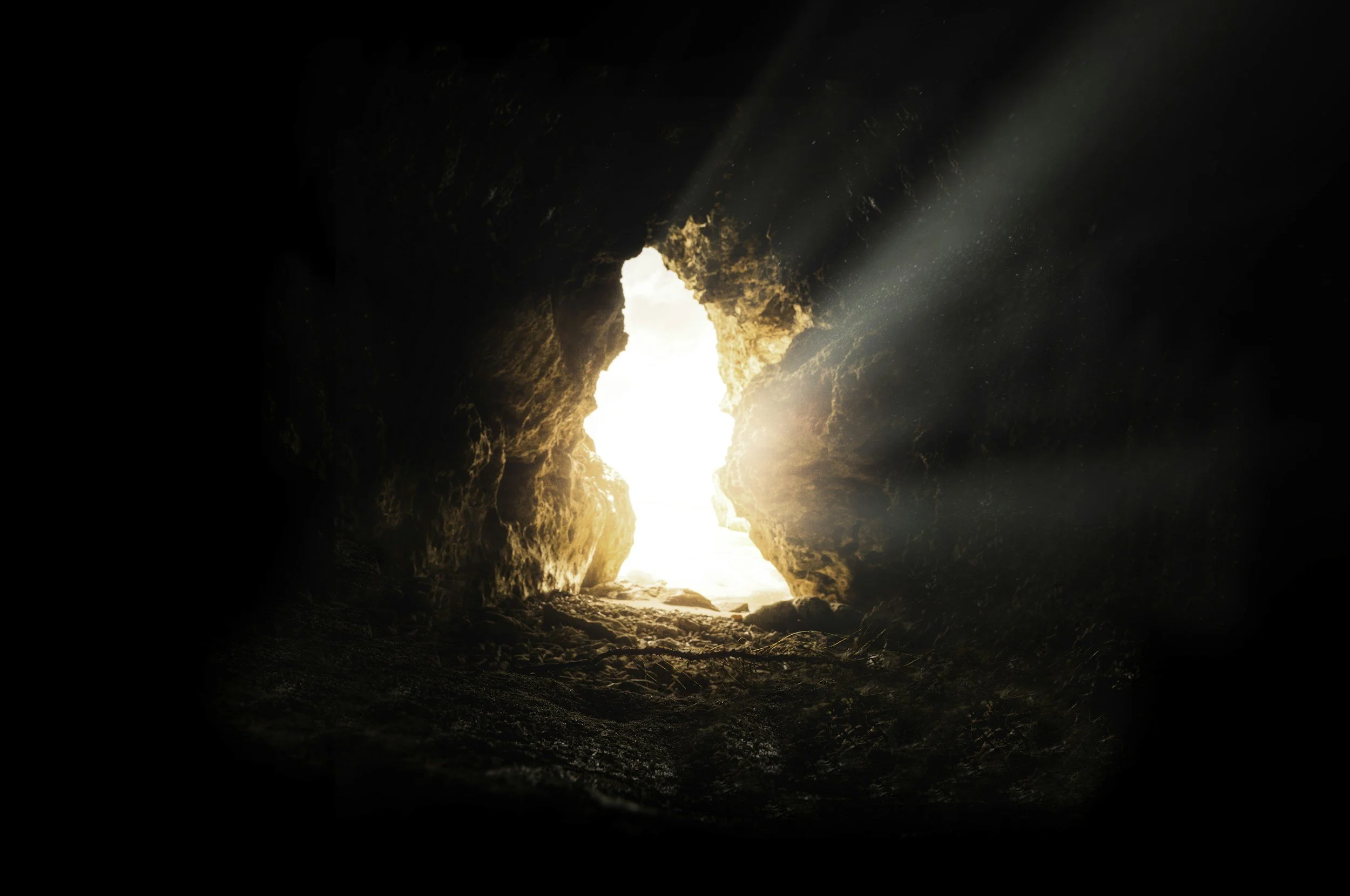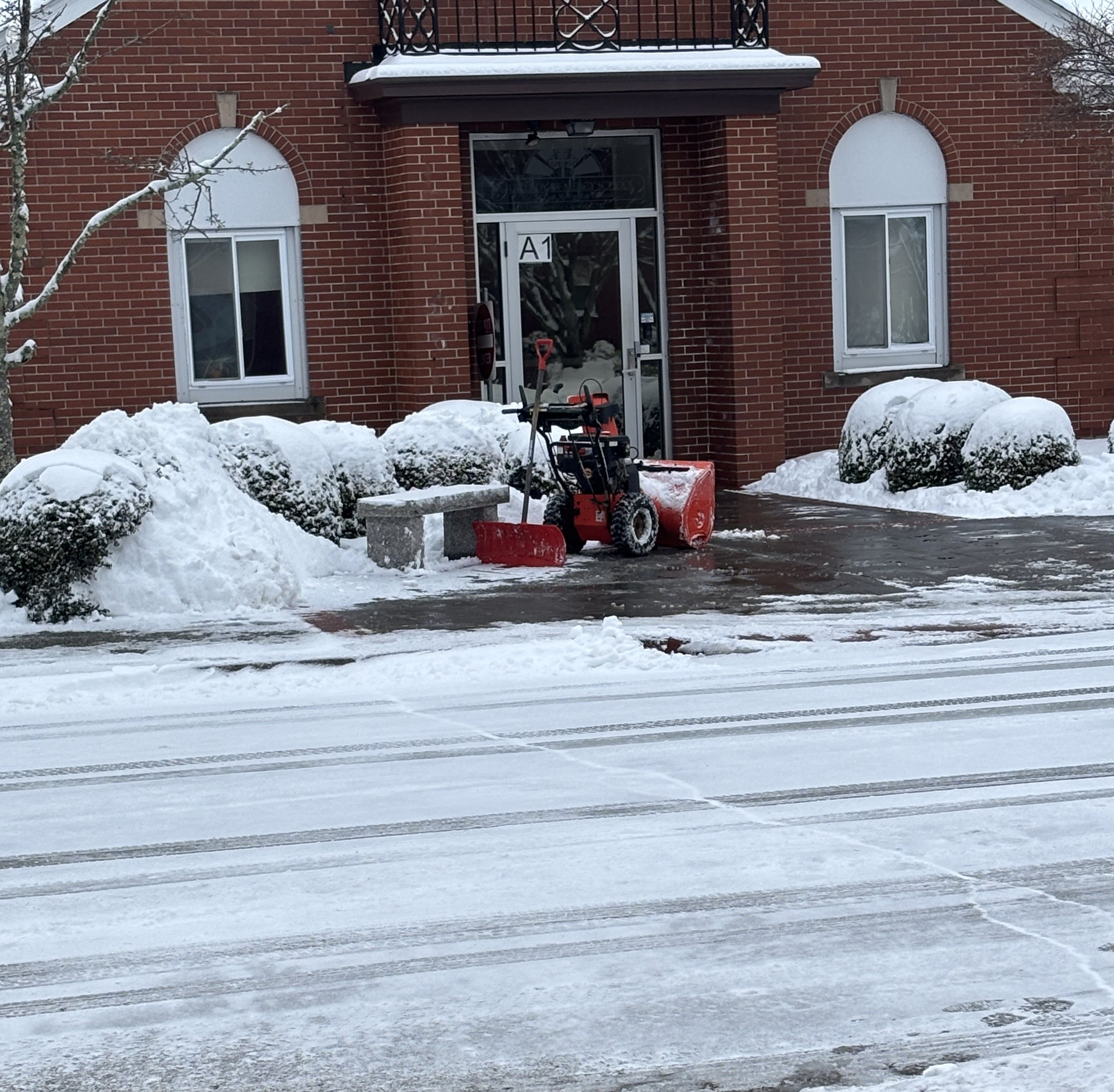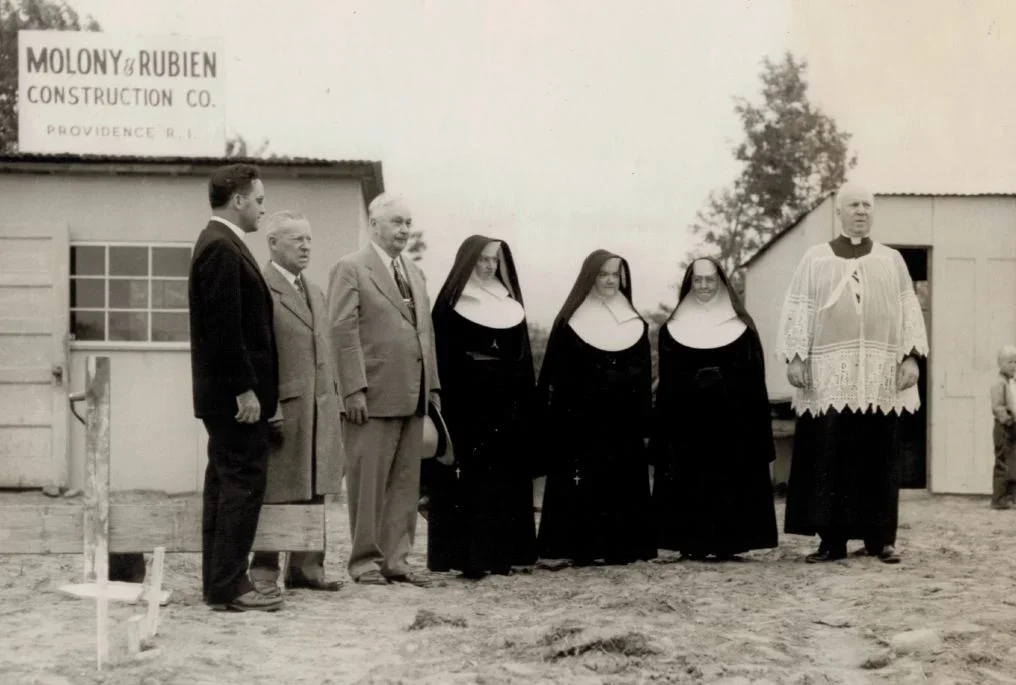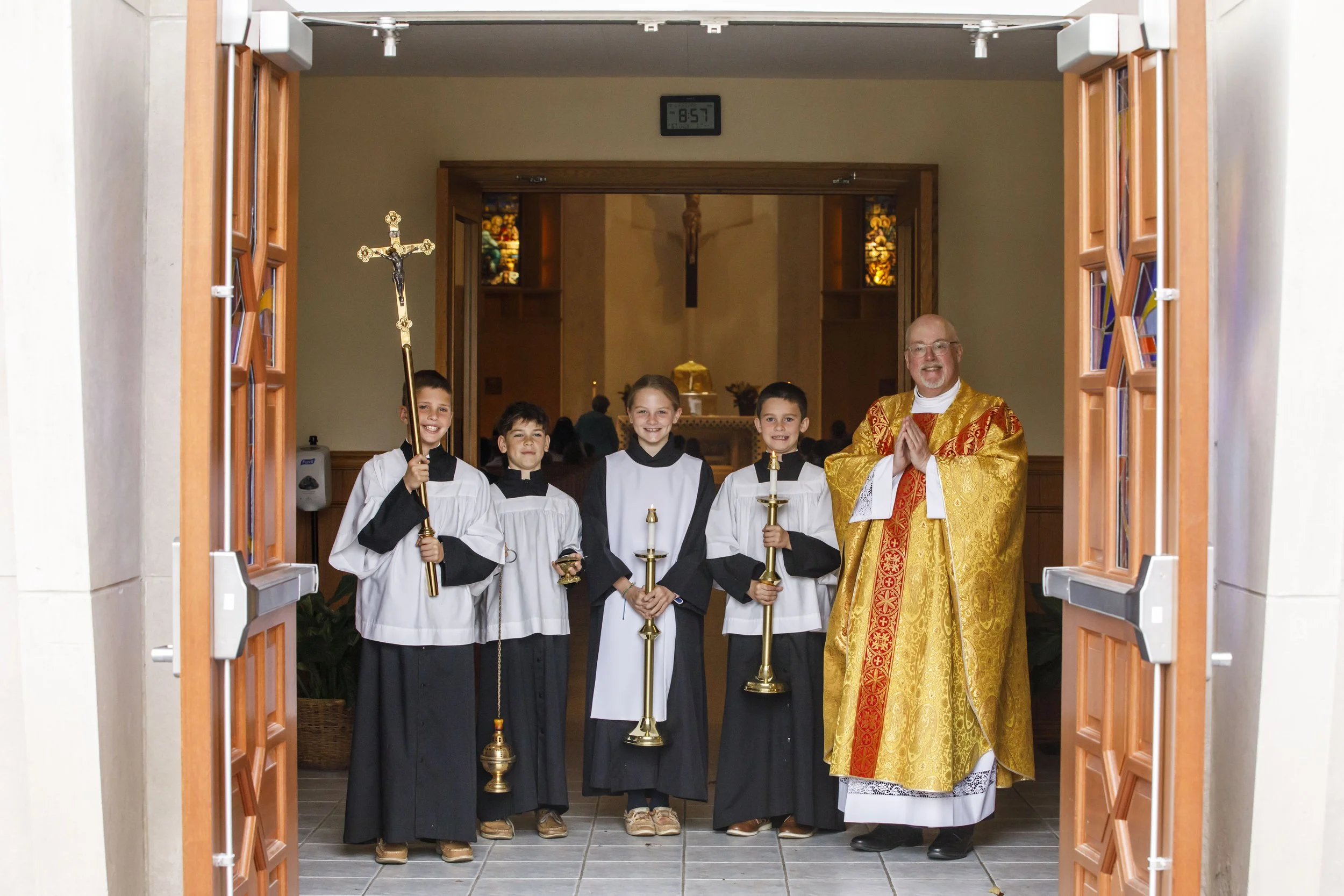Dear Parishioners,
I hope your Lent is going well so far. Sometimes the forty days of Lent seem like a tall challenge to keep faithful to our good resolutions to pray, fast, and give alms. If you’ve failed to keep your Lenten resolutions fast from some comfort, pleasure, or vice, or even if you forgot to abstain from meat on Friday, don’t fear! St. Francis de Sales said, "Have patience with all things, but first of all with yourself."
Jesus fell three times carrying the cross. His falling three times on the way to Calvary should inspire us to get up by demonstrating that persistent, repeated rising—not perfection—defines victory over suffering. His falls represent total exhaustion and human weakness, yet He continues, showing that grace meets us in our failures and urges us to rise with renewed resolve.
The three falls symbolize the often multiple stumbles in our lives, but his continued, determined rising proves that we can always start again, regardless of how often we fall. Jesus' falls mean He understands our deepest, repeated failures (physical, emotional, spiritual), comforting us that He is with us in our lowest moments.
Jesus first falls because the Cross is heavy. He is tired, wounded, and in pain. This shows us something important: Jesus truly became human. He felt weakness. He felt exhaustion. He felt pain. This fall tells us that God understands human weakness. He knows what it feels like to struggle.
The second fall shows more than physical pain. It represents the weight of the sins of the world: pride, hatred, violence, betrayal, and injustice. Jesus is not just carrying wood. He is carrying our brokenness, our failures, and our sins. This fall teaches us that Sin is heavy. It crushes the soul. But Jesus carries it anyway, for love of us.
The third fall is the deepest. It shows complete surrender. Jesus is almost broken, yet He still gets up. Not by strength alone, but by obedience, love, and purpose. This fall teaches us that even when everything feels finished, love still stands. Faith can still rise. Hope can still breathe.
Jesus Falling Beneath the Cross by Gustave Dore (1832-1883)
It’s good to reflect upon our Lord’s three falls, especially when we fall ourselves. In Scripture, three means fullness and completeness. So the three falls show the full weight of suffering: physical, spiritual, and emotional. Jesus carried all of it. Perhaps the “Hidden Message” in this teaching is that Jesus didn’t fall to stay down. He fell and rose again, each time.
So the message is simple: You may fall. You may fail. You may break. You may feel finished. But in Christ: Falling is not the end. Weakness is not defeat. Struggle is not shame. Jesus fell three times to teach us that rising is holy. Not because we are strong, but because His love lifts us. Pope Francis said, "Progress in holiness does not consist in never falling, but in rising up each time we fall and moving forward.”
So if you’ve slipped this Lent in keeping up self-denial, penance, prayer, fasting, and alms giving, get up and try again. Lent is forty days, and there’s more time to renew, refocus, and become more resolute. Lent can often be a series of small Lents as we strive to deny ourselves, carry our cross, and follow Christ.
This weekend, we welcome Father Patrick Mary Briscoe, OP, who is preaching our Lenten Mission. Join us this week on Monday, Tuesday, and Wednesday nights at 7:00 pm for the Mission. Bring your spouse, children, friends, and neighbors. It is a great time of prayer, reflection, and renewal.
Catechumens from Our Lady of Mercy pose with Bishop Lewandowski and Father Brodeur at the Rite of Election at the Cathedral of Saints Peter and Paul on Sunday, February 22, 2026
We congratulate the 6 catechumens and 11 candidates from Our Lady of Mercy who celebrated the Rite of Election with the Bishop last Sunday. Their names are in the bulletin. Please pray for them as they continue to prepare for full entry into the Catholic Church at the Easter Vigil. They are among the hundreds of catechumens and candidates coming into the Church in the Diocese of Providence this year.
Record numbers are coming into the Church this Easter. Including in secular Netherlands, Belgium, France, Ireland, and England. Also in one diocese in Malaysia, a Muslim-majority nation, over 2,100 people will become Catholic at this year’s Easter Vigil. Pray for them all!
Get up and pray, fast, and give alms. Make the Mission! Remember that Fridays are for fish and Stations! Be well. Stay safe. Do good. God Bless!

